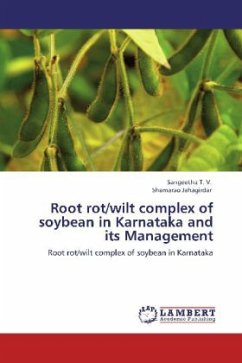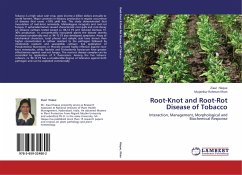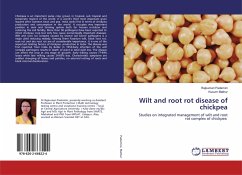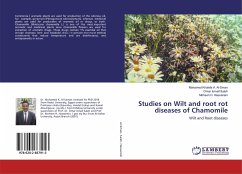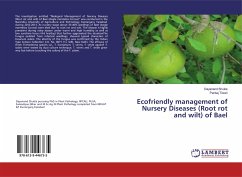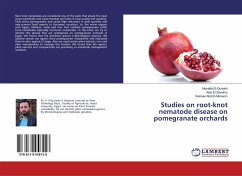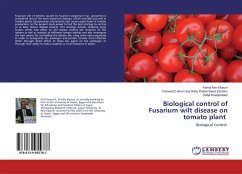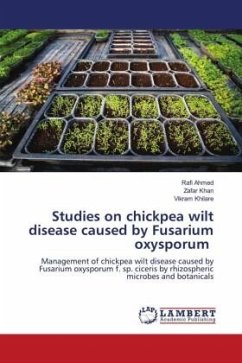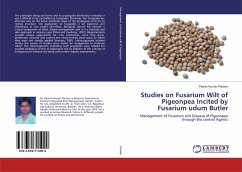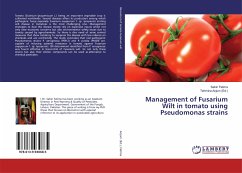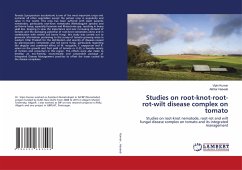
Studies on root-knot-root-rot-wilt disease complex on tomato
Studies on root-knot nematode, root-rot and wilt fungal disease complex on tomato and its integrated management
Versandkostenfrei!
Versandfertig in 6-10 Tagen
44,99 €
inkl. MwSt.

PAYBACK Punkte
22 °P sammeln!
Tomato (Lycopersicon esculentum) is one of the most important crops and outranks all other vegetables except the potato crop in popularity and value in the world. This crop has been suffered with plant parasitic nematodes, particularly root-knot nematodes (Meloidogyne species) and soil borne fungi, especially Fusarium and Rhizoctonia spp. resulting in heavy yield loss. Keeping in view the importance and ever increasing demand of tomato and the damaging potential of root-knot nematodes alone and in combination with several soil borne fungi, this study was carried out to generate information per...
Tomato (Lycopersicon esculentum) is one of the most important crops and outranks all other vegetables except the potato crop in popularity and value in the world. This crop has been suffered with plant parasitic nematodes, particularly root-knot nematodes (Meloidogyne species) and soil borne fungi, especially Fusarium and Rhizoctonia spp. resulting in heavy yield loss. Keeping in view the importance and ever increasing demand of tomato and the damaging potential of root-knot nematodes alone and in combination with several soil borne fungi, this study was carried out to generate information pertaining to the survey of tomato growing areas in western Uttar Pradesh for the distribution and severity of diseases caused by plant-parasitic nematodes and soil borne fungi, particularly regarding the singular and combined effect of M. incognita, F. oxysporum and R. solani on the growth and fruit yield of tomato cv. K-25, a favorite variety of farmers and consumers in this region. The effects were also made to develop an eco-friendly, economically and sustainable package of Integrated Disease Management practices to offset the losses caused by the disease complexes.



